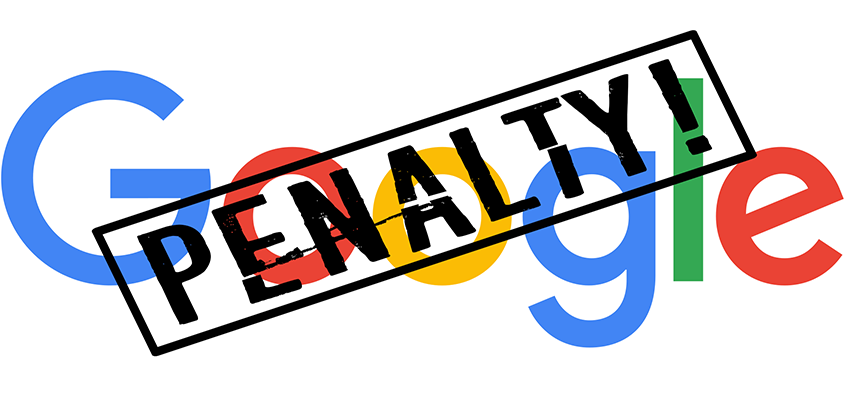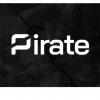Keeping the above facts and controversies in mind, Google has planned to make it next update such that the pirate sites become harder to find, instead of dropping the sites from the search result pages. These sites will have lower visibility for common terms in use, such as a song or movie name.
The new tweak will ensure that a few most ‘notorious’ pirate sites are less likely to appear on result pages when searchers use keywords related to films, music, and other copyrighted content. However, the fact remains that those who know to search smartly and rightly will be able to see the pirate sites, at least their pages that have not been caught or removed through DMCA filings. Nevertheless, the update is likely to come with improvements and new efforts as follows:
- Ad Formats: Katherine Oyama, Google’s senior copyright counsel, revealed about testing new ad formats showing links to authorized digital video and music services when search is made for keywords including ‘free’, ‘watch’, and ‘download’ and discarding terms from its auto complete facility in case the return results consists of several DMCA demoted sites. This will surely help in finding the legitimate media sources. The legal sites are likely to flow on top of the page. Apart from testing new formats of ads in search results, Google is also testing other ways of exposing legitimate sources of media, especially through the right panel on the search results page. Right now, these results are shown only in the United States but this will be expanded internationally.
- Better DMCA Demotion Signal: Google has refined the signal to affect the visible rankings of a few most notorious sites coming up early on result pages for a targeted keyword. This will help down rank the truly violating sites.
- Utilizing Autocomplete: The new update also aims to removing more terms from the well-known feature of autocomplete, which will done strictly on the basis of DMCA removal notices. Google has actually started demoting autocomplete predictions that fetch URLs on result page, which demoted by the DMCA.
This update is perhaps an essential move to allow the entertainment giants to get the most out of the Internet. With this update, no brand in the industry would continue to blame Google instead of its outdated distribution models. In fact, the MPAA has already admired this move of Google.

The Basics of the Pirate Penalty
Under the Digital Millennium Copyright Act (DMCA), Google is obligated to remove links from its search index if copyright holders file a valid DMCA notice reporting such URLs as infringing. Google, according to its transparency report, removes millions of URLs every month for that reason.
However, traditionally, Google has removed the infringing URL and done nothing else. This means that the rest of the site is unaffected and will rank in Google the same as if there were no copyright notices filed at all.
This upset many copyright holders, who accused Google of turning a blind eye to piracy and even profitting from it. However, traditionally, Google responded saying that there was no effective way to penalize “pirate” sites as only the copyright holder knew which site were and were not authorized.
But about two years ago, Google revamped its DMCA process to improve automation and record keeping. Now, most notices either come from the site’s webform or from a backend used by larger copyright holders. This enabled Google to keep better track of the sites that were attracting the most copyright complaints and, according to Google, it’s now ready to factor in that information into the search results.
But how it will factor in remains a bit of a mystery. Google has stated that it will not remove domains from its index because of this penalty (meaning that they will remain searchable), but that they will be pushed down in the results in favor of legitimate sites.
Google will do this by factoring in the number of “valid” search copyright notices a site gets. In this case, “valid” simply means notices that were not contested with a counter-notice. Initially, it was reported that notices sent to other Google properties, including YouTube, would not be factored but there seems to be some statements to the contrary, making that less clear. It remains to be seen if only Google Search DMCA notices will be factored or if others will be too.
Despite the uncertainties, major copyright holders such as the MPAA and the RIAA are applauding this move while others are concerned about the potential for false positives, both accidental and abusive, and about favoritism for Google sites, in particular YouTube.
Speaking of YouTube, as mentioned above Google is saying it will factor in YouTube notices into the system, meaning that YouTube could, theoretically, be hit harder than other sites. However, Google has said that there is protection built in to ensure that legitimate sites that receive a large volume of search DMCA notices, such as Facebook, IMDB, Twitter, etc. will not be penalized.
In the end, it remains to be seen how this penalty will play out and what sites will be effected, but it’s clear that there will be many out there watching to find out.
Read more Clever ways to keep website safe from Google Pirate Algorithm
_______________________________________________________________________________
For more details about our seo service packages, pls contact us
BIGBIGSEO Team
Email: bigbigseo@gmail.com
Skype: bigbigseo
https://www.facebook.com/bigbigseo
Thank you!




